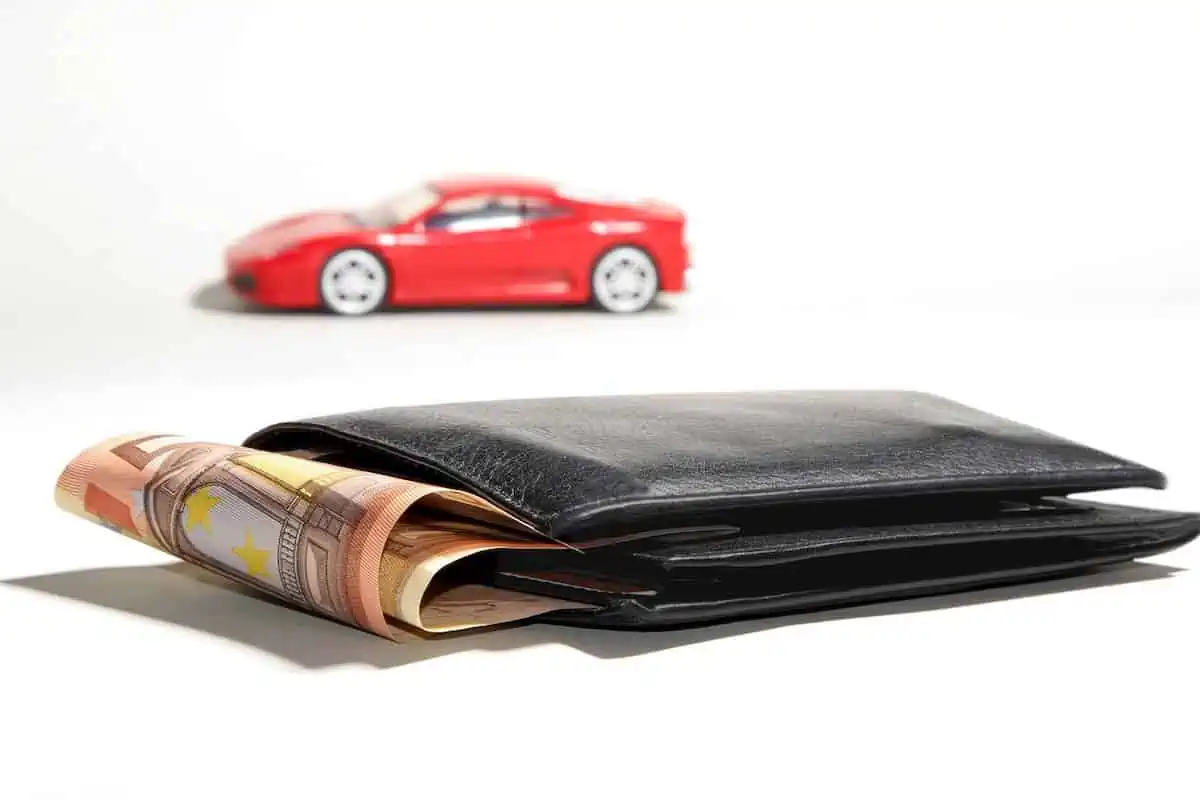If you find yourself drowning in debt and struggling to keep up with your monthly bills, you may be considering drastic measures to regain control of your finances. One option that often comes to mind is to sell your car.
After all, it’s one of the most valuable assets you own, and by parting ways with it, you could potentially free up a significant amount of money to put towards your debts.
But before you make a hasty decision, it’s important to thoroughly evaluate the costs, benefits and alternatives such as a debt consolidation loan with bad credit — if you’re having credit problems
In this article, we will explore the factors to consider when deciding whether to sell your car is the right move to get out of debt and pay off bills.
Understanding the True Cost of Car Ownership
To help you make an informed decision, it’s crucial to look beyond the monthly payment of your car. While your payment might only be $280 a month, there are numerous other expenses associated with owning a vehicle that can quickly add up.
Rising gas prices, car insurance, scheduled and unscheduled auto maintenance, as well as parking permits or fees for both work and home are all costs to consider. Depending on where you live and what you drive, these expenses can easily become a significant financial burden.
Evaluate the Savings
Before you decide to sell your car, it’s essential to calculate the potential savings. Start by adding up all the monthly costs associated with owning and operating your vehicle. This includes the car payment, insurance premiums, fuel expenses, maintenance and repairs, and any parking fees. Once you have a clear picture of your monthly car-related expenses, consider how much you could save by eliminating them.
Next, take into account alternative transportation options available to you. Calculate the costs of public transportation, ride-sharing services, or car rentals for the times when you need a vehicle. Compare these costs to the savings you would achieve by selling your car. If the difference is substantial, it may be worth considering selling your car to alleviate your debt burden.
Explore Debt Consolidation Loan Options
If selling your car is not a viable option, or you rely heavily on it for daily transportation, there are alternative solutions to consider. One such option is a debt consolidation loan. With a debt consolidation loan, you can combine multiple high-interest debts into a single loan with a lower interest rate. This allows you to simplify your monthly payments and potentially reduce the overall interest you’ll pay over time.
Even if you have bad credit, there are lenders who specialize in providing debt consolidation loans to individuals in similar situations. These lenders understand that everyone faces financial challenges at some point and are willing to work with borrowers to find suitable solutions.
However, it’s important to carefully review the terms and conditions of any loan offer, ensuring that you can comfortably afford the monthly payments and that the interest rate is reasonable.
Consider the Long-Term Impact
When deciding whether to sell your car, it’s crucial to consider the long-term impact on your financial situation. Selling your car may provide immediate relief by freeing up funds to pay off debts, but it’s important to consider the implications of not having a vehicle.
Will it hinder your ability to commute to work or fulfill other obligations? Will you need to rely on alternative transportation methods that may be less convenient or more expensive?
Additionally, selling your car can have an impact on your credit utilization ratio, which is a factor considered by lenders when assessing your creditworthiness. If you have other debts, such as credit card balances, it’s essential to consider how selling your car will affect your overall debt-to-credit ratio and potential credit score.
In conclusion, the decision to sell your car to get out of debt and pay off bills is not one to be taken lightly. It requires a careful evaluation of your financial situation, considering both the short-term relief and long-term consequences. Be sure to calculate the true cost of car ownership and compare it to potential savings.
If selling your car is not a viable option, explore alternative solutions such as debt consolidation loans tailored to individuals with bad credit. Ultimately, the right decision will depend on your specific circumstances and goals for the future.
Sell Your Car article and permission to publish here provided by Aditya Roy Kapur. Originally written for Supply Chain Game Changer and published on June 23, 2023.
Cover mage by andreas160578 from Pixabay

